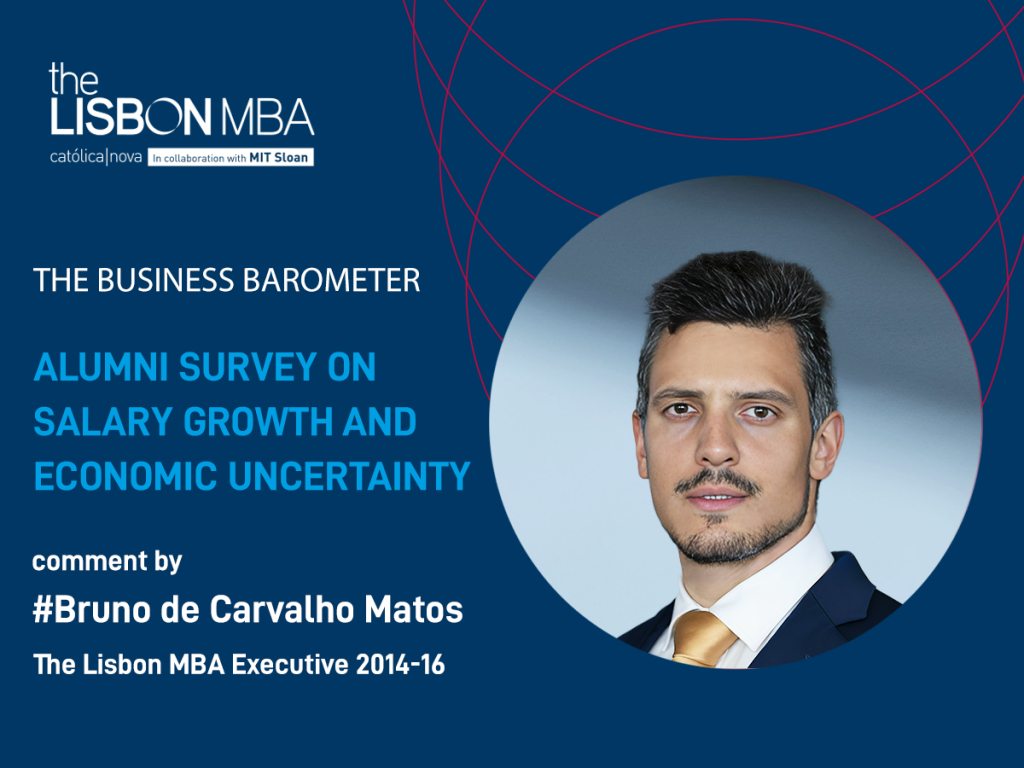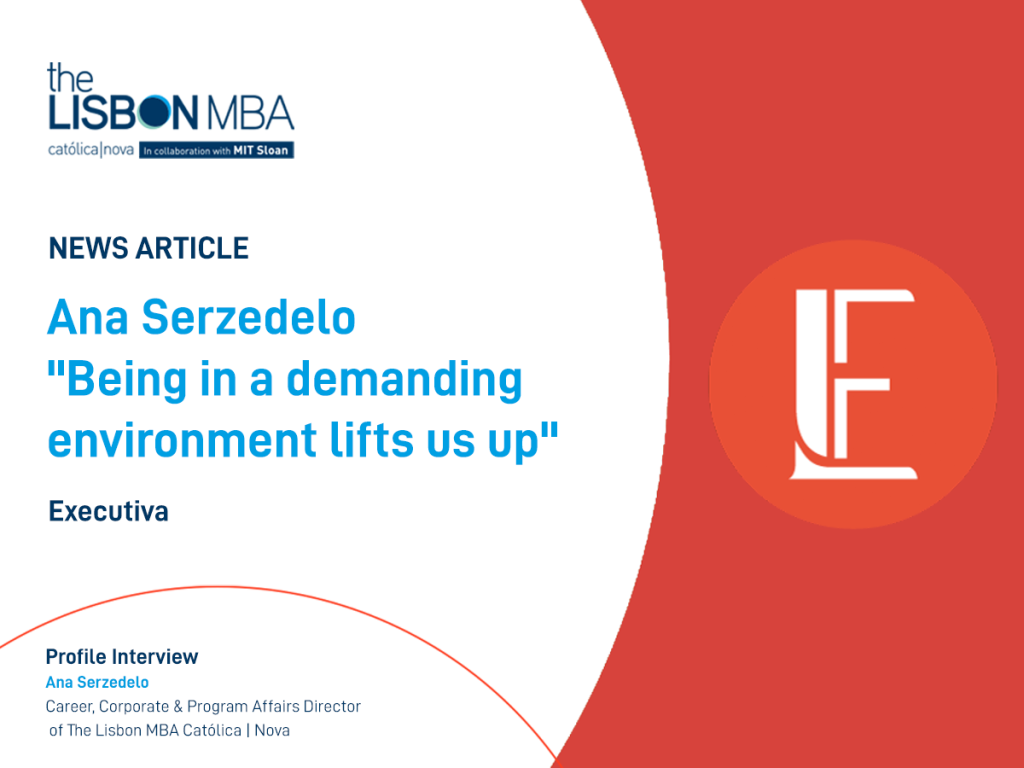Portuguese workers’ salaries may slow this year as a result of instability in both the international and domestic context. That is the outlook of more than half of the business leaders surveyed by The Lisbon MBA Católica|Nova, in a barometer conducted exclusively for ECO.
Of the 81 responses collected, 53% (43 responses) indicated that wage growth will likely decelerate this year, given international instability and national uncertainty.
It is worth noting that the survey was conducted at a time when U.S. President Donald Trump was focused on a “tariff war,” particularly with the European Union. Meanwhile, Portugal was preparing to go to the polls again, following the rejection of a confidence motion against Luís Montenegro’s government—an election that nonetheless kept the same prime minister in power.
Reacting to the results, Bruno de Carvalho Matos, an alumnus of The Lisbon MBA, highlighted that this expectation of slower wage growth “may be related to the perception of fragility in the labor market, restrictions on companies’ room for wage increases, and the need for cost control in a context of persistent inflation and pressured profit margins.”
“Although the national minimum wage has risen to €870 in 2025, this evolution may not be enough to ensure widespread salary increases in the private sector. Wage containment could have indirect effects on private consumption, consumer confidence, and ultimately, the dynamism of the economy,” he noted. Still, 27% (22 responses) of participants believe wages will stabilize or may even increase, as shown in the chart above.
“This may reflect the existence of wage pressures in certain sectors or regions, especially in activities with a shortage of skilled labor or exposed to international competition,” argued Bruno de Carvalho Matos. In addition, 14% (11 responses) said they are uncertain or consider it premature to make predictions, “reflecting the difficulty of anticipating labor market developments in a volatile economic environment.”
Majority Do Not Anticipate a Recession This Year
On the other hand, The Lisbon MBA asked these 81 alumni about their perception of the risk of a recession in Portugal, and 43% (35 responses) consider that scenario unlikely. Even so, nearly 31% (25 responses) said it is still too early to know what will happen. Meanwhile, 19.75% (16 responses) admit that a recession is likely.
“This balance between confidence and apprehension reflects the complexity of the current moment, characterized by both internal and external pressures: moderate economic growth, still-high inflation, relatively high interest rates, and geopolitical instability at both the European and global level,” emphasized alumnus Bruno de Carvalho Matos.
As for the performance of their own sectors, most respondents (34 responses, nearly 42%) project that economic activity will stabilize compared to last year. And 27.16% (22 responses) even anticipate growth.
“The survey data reveal a scenario of moderate resilience and gradual adjustment by Portuguese companies, in a context still marked by global uncertainty and internal structural challenges. Companies demonstrate a balanced attitude between caution and ambition, choosing strategies of containment and stability, while still leaving some room for growth and innovation,” observed the alumnus.
The survey was conducted by The Lisbon MBA among its academic community, with most respondents currently working in Portugal as employees.
Source: Eco – Economia Online













